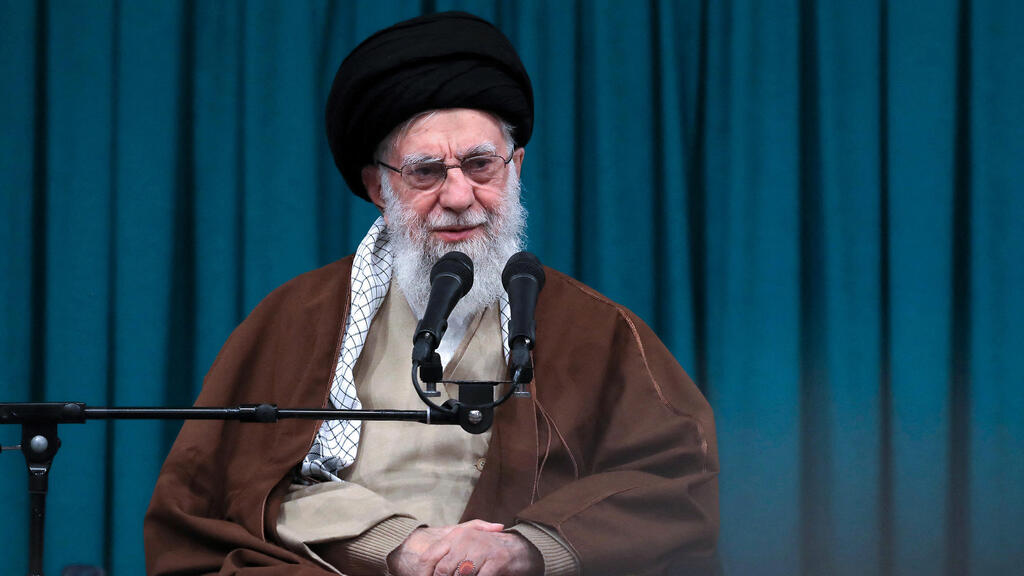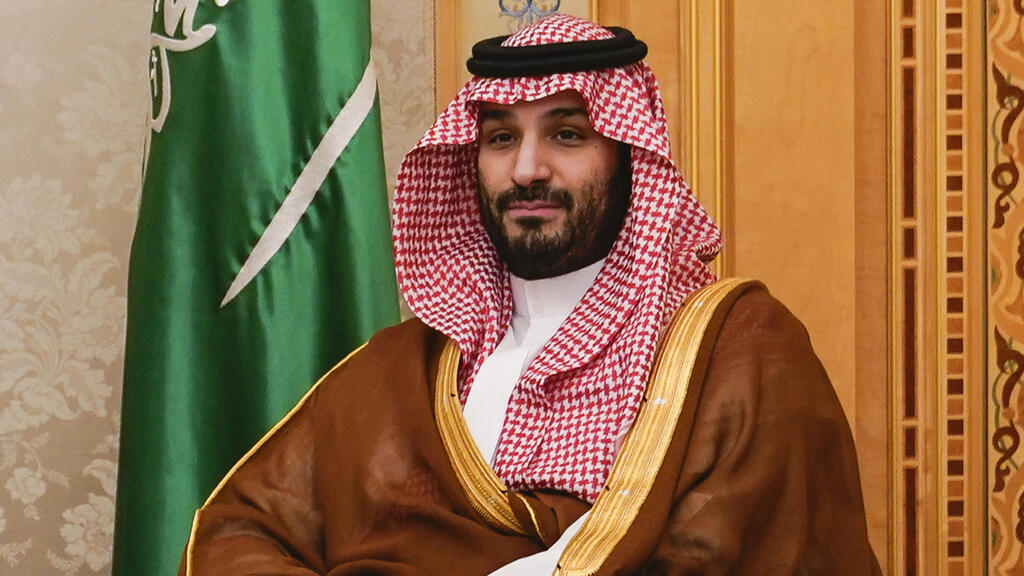Getting your Trinity Audio player ready...
Prime Minister Benjamin Netanyahu is set to leave Israel for the U.S. on Sunday for a meeting with U.S. President Donald Trump to discuss Iran and Gaza's future. Israel sees the meeting as an opportunity to shape regional policy, as key decisions have yet to be made by Trump's administration.
Israel’s top priority is Iran, while Trump sees Iran's role fits into a broader regional strategy. Israel wishes for crippling U.S. sanctions alongside a credible military threat against Tehran. During his previous term, Trump imposed tough sanctions but did not back them with military action.
3 View gallery


Prime Minister Benjamin Netanyahu, U.S. President Donald Trump
(Photo: Haim Goldberg, shutterstock, Chip Somodevilla pool via REUTERS)
His position remains that Iran will not obtain nuclear weapons, though the strategy to ensure that is still in question. While he is unlikely to initiate military action by the U.S., Trump could support Israeli operations against Iran and its proxies.
Israel seeks clarity on whether Trump plans diplomatic talks for a new nuclear deal. The Iran issue is also tied to U.S. efforts to expand the Abraham Accords, with Trump's Middle East envoy, Steve Witkoff, visiting Saudi Arabia last week.
Another key topic is the Israeli hostages and Gaza's future. The hostage issue is urgent, but resolving Gaza’s situation will take longer than the 19-day negotiation window for the second phase of the hostage deal agreed with Hamas.
Witkoff has yet to take a firm position on the matter and the U.S. insists Gaza must not become a terrorist haven while also prioritizing hostage recovery. Trump and Netanyahu will seek to balance these goals.
Both outgoing U.S. President Joe Biden and Trump assured Netanyahu that resuming military action if negotiations fail would not be considered a violation of the cease-fire. However, the U.S. is working on a broader strategic framework where each issue connects to others. Trump may ask Netanyahu to delay further military action.
Get the Ynetnews app on your smartphone: Google Play: https://bit.ly/4eJ37pE | Apple App Store: https://bit.ly/3ZL7iNv
Israel was surprised by Trump’s suggestion to relocate half of Gaza’s population to Jordan or Egypt for the Strip’s reconstruction. The idea has never been seriously considered in Israel and it’s unclear if Trump sees it as realistic or a trial balloon.
The proposal has been met with strong opposition in the Arab world. Trump is expected to ask Netanyahu directly: "What are your plans?"
Saudi Arabia has informed Israel normalization won't progress without a cease-fire. With a fragile truce in place, Saudi officials warn renewed fighting could derail the process. Israel hopes to learn from Trump where normalization efforts stand, though Israeli officials doubt a deal can be finalized before the first phase of the hostage agreement ends.
Trump and Netanyahu will also discuss the International Criminal Court’s (ICC) arrest warrants against the prime minister and former defense minister Yoav Gallant, potential U.S. sanctions on ICC chief prosecutor Karim Khan, continued U.S. arms delivery to Israel, the Lebanon cease-fire and Syria’s new government.





